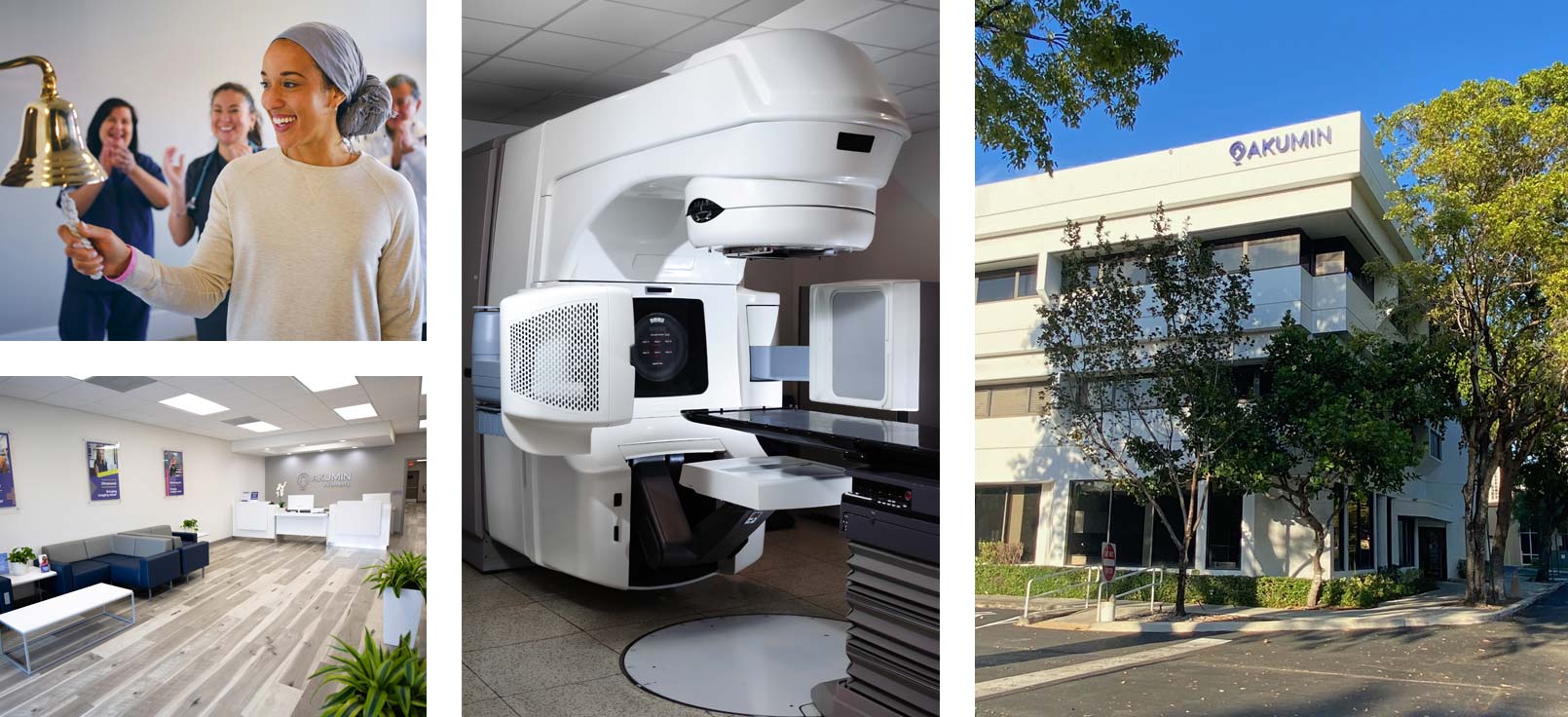Navigating a cancer diagnosis or any other medical condition that requires radiation therapy can be a challenging and complex experience. We recognize the hurdles you might face, and we’re here to provide support at every stage. Our treatment centers deliver tailored, patient-centered care in a friendly, professional setting, using state-of-the-art technology and medical equipment. With our easily accessible locations and flexible scheduling options, we are dedicated to helping you on your journey towards better health.
Leading The Path to Recovery
Hope and healing with precision treatment
